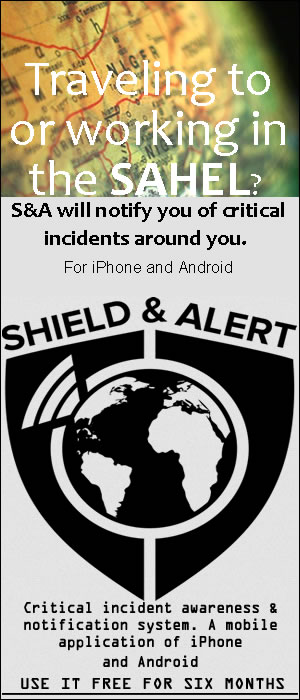By Hademine Ould Sadi – A Mauritanian state prosecutor on Thursday requested corruption charges against former president Mohamed Ould Abdel Aziz, and about ten other senior figures, after an investigation into his decade-long rule in the country. The prosecutor, according to a statement, also asked that Aziz, one of his sons-in-law, two former prime ministers, five former government ministers and four businessmen be placed under judicial supervision. A judge in the vast Saharan country is due to decide on the request later Thursday.
A source close to the case, who requested anonymity, told AFP said that there was a long list of recommended charges against the former president, including money laundering, embezzlement and obstruction of justice. Aziz, a 64-year-old former general, seized power in 2008 and served two terms as president before being succeeded in August 2019 by Mohamed Ould Cheikh El Ghazouani, his former right-hand man and ex-defence minister.
Ghazouani has kept Aziz at arm’s length since he came to power, however. Last year, Mauritania’s parliament established a commission to investigate suspected embezzlement under Aziz. Among other issues, the inquiry probed the handling of oil revenue, the sale of state property, the winding up of a publicly owned food-supply company and the activities of a Chinese fishing firm. Police then detained Aziz in August for questioning in the case, before stripping him of his passport. But the former president refused to answer their questions. “I am a victim of a settling of old scores, but I am going to defend myself,” Aziz said after his release from detention in August.
After months of investigation, Aziz was summoned to a hearing with the state prosecutor on Wednesday, who interviewed about 30 people allegedly implicated before deciding to request charges for about ten. Aziz’s defence lawyers said that the case is “about dragging a whole system and its men before the police and besmirching their honour.” They added that the former president would continue to refuse to answer questions.
High treason
Aziz had already ignored a call to testify before the parliamentary inquiry into his suspected corruption in early July. But Mauritanian MPs swiftly approved a law to set up a High Court of Justice that would be empowered to try presidents and ministers in cases of “high treason”. Aziz’s legal team insists that the constitution protects the former president from prosecution, however. In August, the parliamentary inquiry formally handed its report into the former general’s affairs to the state prosecutor’s office. The move prompted a government reshuffle in Mauritania, with Ghazouani replacing four ministers whose names had appeared in the investigation. In December, Aziz also lost the leadership of the party he had founded, the Union for the Republic.




